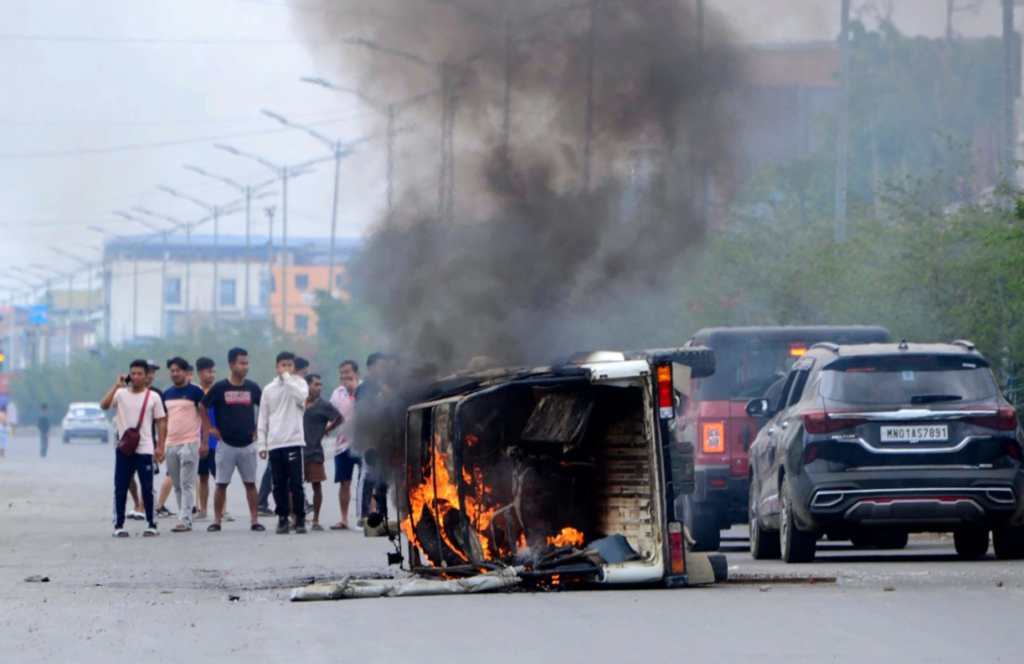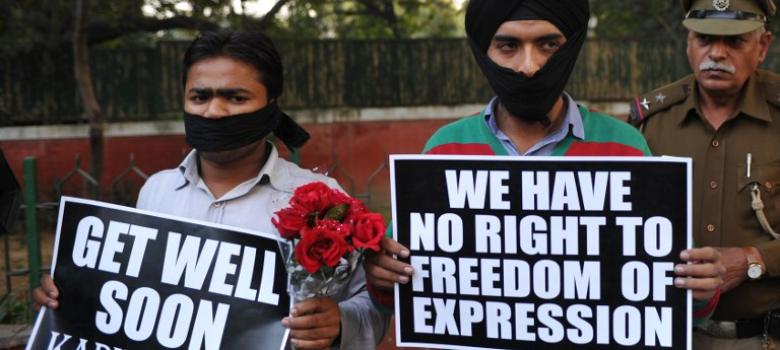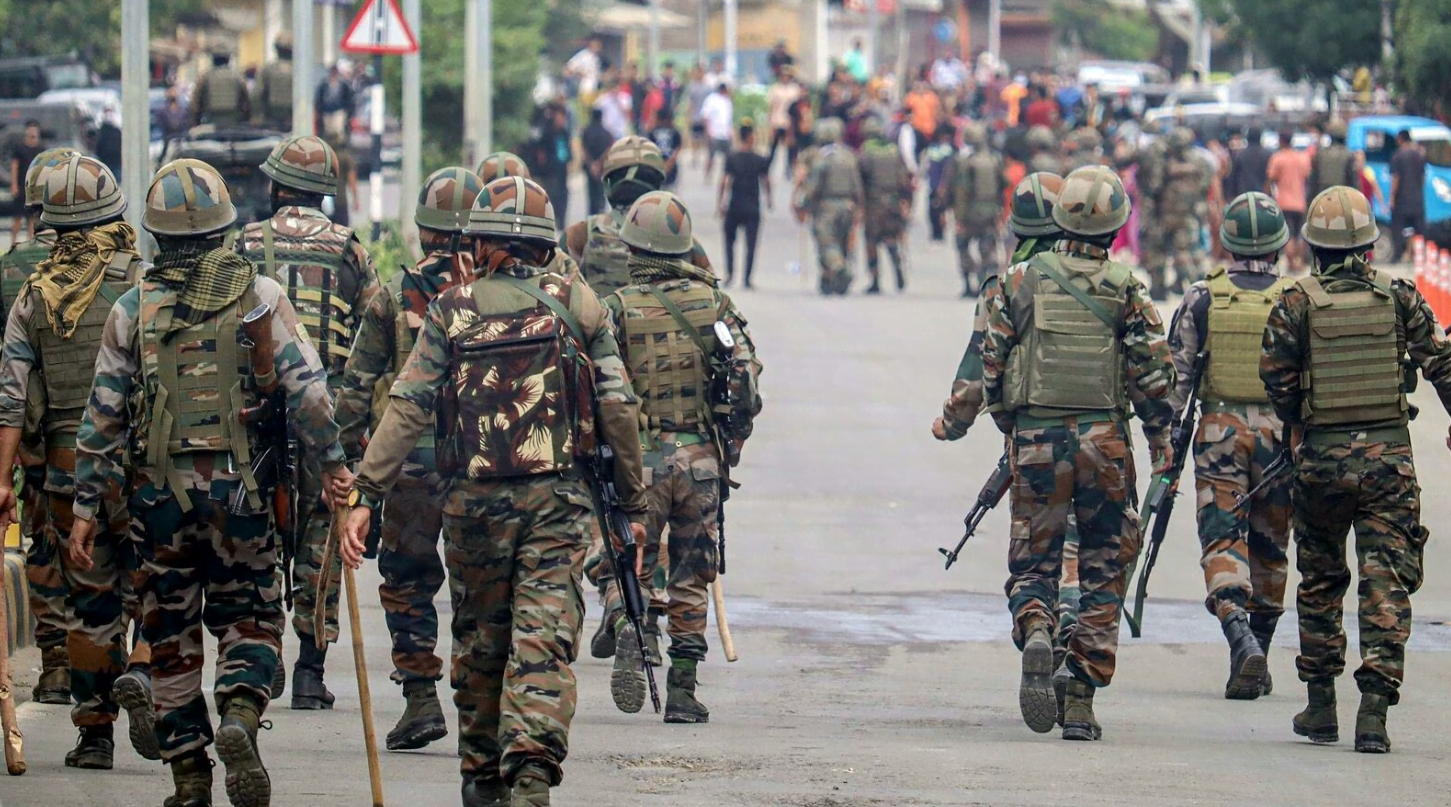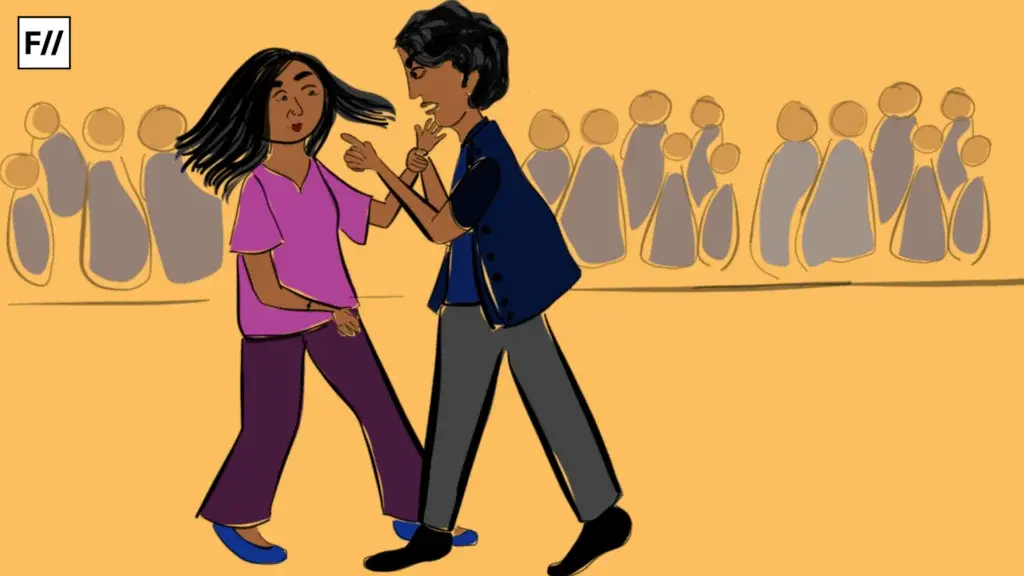The 2023 Human Rights Report (HRR) by the U.S. Department presents a grim picture of human rights in India, spotlighting various abuses ranging from extrajudicial killings to ethnic violence and repression of dissent. However, it is India’s portrayal within this report that captivates attention, offering a sobering reflection on the nation’s journey amidst allegations ranging from extrajudicial killings to ethnic tensions and suppression of dissent.
Released by Secretary of State Anthony Blinken, the report scrutinises and prompts a deeper inquiry into the intricacies of India’s socio-political landscape, fostering introspection and stimulating international discourse regarding the intricate balance between national security imperatives and the preservation of individual freedoms in the world’s largest democracy.
What are the key findings?
The recently released Human Rights Report, delves into a multitude of transgressions, painting a troubling portrait of human rights in India. Among the myriad issues laid bare, one of the most alarming is the persistent ethnic conflict between the Kuki and Meitei groups, which has left a trail of suffering and rights abuses in its wake.

One of the most concerning aspects outlined in the report is the lack of credible action by Indian authorities to address or punish officials responsible for these violations. This raises doubts about the government’s commitment to upholding human rights standards.
The report also stated that the government made only “minimal credible steps or action” to identify and punish officials possibly involved in human rights abuses.
The section on extrajudicial killings is particularly concerning, with the revelation that India recorded 813 cases from 2016 to 2022, regions like Chhattisgarh and Uttar Pradesh emerged as epicentres of these grim issues and practices, casting shadows of fear and mistrust over affected communities. The report also stated that the government made only “minimal credible steps or action” to identify and punish officials possibly involved in human rights abuses. Additionally, it noted that the Supreme Court criticised the central government for its failure to halt the violence in Manipur.
Adding to that, equally concerning is the atmosphere of surveillance and intimidation enveloping journalists and activists, viewed as attempts to muzzle dissent and erode the foundations of civil society. The stifling of voices advocating for marginalised groups underscores a troubling trend of silencing those who speak truth to power.
Criticism is also directed at the Indian government’s treatment of NGOs and human rights defenders, with the cancellation of registration certificates for over 1,800 NGOs under the Foreign Contribution Regulation Act (FCRA) viewed as an attempt to silence dissenting voices, especially those advocating for marginalised groups. The report also highlighted the case involving Congress leader Rahul Gandhi, who was convicted and sentenced for defaming the Modi surname, resulting in his disqualification from the Lok Sabha. However, Mr Gandhi was subsequently reinstated after the Supreme Court intervened and stayed his conviction.
Beyond domestic borders, the report raises international alarms, alleging instances of transnational repression. Accusations of threats and violence against journalists and activists abroad cast a shadow over India’s global reputation, drawing scrutiny from leaders like Canadian Prime Minister Justin Trudeau.
In the face of these revelations, the HRR serves not only as a documentation of abuses but also as a call to action. It urges a recommitment to human rights principles, both domestically and on the world stage, and emphasises the urgent need for accountability and justice for all affected individuals. Overall, the HRR underscores the need for concerted efforts to address human rights abuses in India and uphold fundamental freedoms for all its citizens.
Analysing India’s response to the Report
As global scrutiny increases, the ultimate challenge for India lies in its response to the allegations detailed in the U.S. State Department’s 2023 Human Rights Report (HRR). However, Indian authorities have rejected the report’s findings, labelling them as meddling in internal affairs and questioning the credibility of the sources.
India has strongly criticised the report by the US State Department, which alleged “significant human rights abuses” in Manipur following violence in the state last year. Reacted sharply to it, India contends that the document displays deep bias and demonstrates a lack of understanding of the country’s complexities.
India has strongly criticised the report by the US State Department, which alleged “significant human rights abuses” in Manipur following violence in the state last year. Reacted sharply to it, India contends that the document displays deep bias and demonstrates a lack of understanding of the country’s complexities.

India frequently touts its robust democratic framework and legal system as defences against human rights violations. Yet, the country’s dismissive response to international critiques indicates a defensive attitude that might estrange global partners who are concerned about human rights practices.
The allegations and evidence outlined in the HRR raise significant concerns about India’s dedication to human rights standards, particularly regarding its management of ethnic conflicts and its approach to dissent. While India asserts its commitment to democratic principles and human rights protection, the discrepancies between its policies and their implementation suggest a substantial divide that needs addressing.
India’s human rights record and its impact on international standing
The international ramifications of the findings in the 2023 Human Rights Report by the U.S. State Department are far-reaching. As India continues to ascend as a pivotal player in global affairs, how it addresses these human rights accusations will be closely watched and could significantly influence its diplomatic relationships, especially with Western nations that prioritise human rights within their foreign policy frameworks.
The report serves as a crucial analytical tool, offering insights into the human rights situation within India. Although the Indian government has contested the accuracy and implications of the findings, the patterns revealed in the report present compelling evidence of systemic issues that demand attention. This standoff not only underscores the existing concerns but also highlights the challenges India faces in aligning its domestic policies with international human rights standards.
Futures of human rights in India
The path forward for India might mean reevaluating laws like the FCRA and implementing more transparent mechanisms for addressing ethnic conflicts and police reform.

Looking ahead, India’s approach to handling both internal criticism and international scrutiny will be critical in determining its trajectory on the global stage. Its ability to effectively address and reform the human rights issues outlined in the report will be key in maintaining and enhancing its diplomatic relationships. As India positions itself as a strategic power, how it manages the delicate balance between ensuring internal security and fulfilling its human rights obligations will be crucial in shaping its international image and alliances.
While India’s role on the world stage grows, its commitment to human rights remains under examination. The choices it makes in responding to these challenges will not only reflect its values but also shape its future engagements in the international arena. A sensitive, yet clear and decisive approach to addressing these issues will be essential for India to uphold its stature as a respected global leader committed to the principles of democracy and human rights.




